Open Letter to Any Fool Considering Skipping Their QoE
This is not me selling a QoE. This is me saving you from a multi-million-dollar disaster.
Key Takeaways:
You have legit reasons to skip a QoE. The reasons to get one are even better.
Last year, 40% of the deals I worked on involved fraud that most buyers wouldn’t catch.
Skipping a QoE could mean overpaying for a business, buying a business that doesn’t grow, and/or losing your money (and maybe your home) altogether.
A QoE might be expensive, but it will pay for itself.
Dear Business Buyer:
Forget who I am. That I’ve been in the acquisition game for fifteen years. That I sell a product that helps buyers like you close a good deal on a solid business and start living the life you want. I promise this is not a sales pitch. Instead, this is my good deed for the day.
I do think you should get a Quality of Earnings (QoE) for your deal, but right now I’m not concerned with whether or not you get that QoE from me. Right now we’re talking about you and your deal.
This is why I care:
Each time I hear another story about someone who skipped a professional QoE, did diligence themselves, and ended up making the wrong decision on a terrible deal, I have to hang my head. That means I still haven’t done a good enough job shouting from the rooftops that a QoE is the only way to make a wise decision about your deal. It’s the only way to avoid the fraud that I’ve started to see in 40% of the deals I work on. (Keep in mind that I mostly work on SMB deals with self-funded searchers and first-time buyers, so that’s the market we’re talking about.)
There are messy books and then there are sellers who are trying to defraud you out of millions of dollars. This is happening right now in our SMB marketplace. Remember, the seller makes a multiple on every dollar of EBITDA they can get you to believe. They are trying hard to make that number fall in their favor.
So, here I am, telling you, sitting there on the other side of this screen, to just get the damn QoE.
The Reasons You Might Skip a QoE
I’ve heard them all before…
It’s too pricey.
I know what to look for.
I have an MBA. I’m smart enough to figure it out myself.
What if the deal doesn’t pan out? Then I’m out thousands and back to square one.
I’ll have my accountant take a look.
I love this deal, and the seller’s great. What could go wrong?
I can take emotions out of it and make an objective decision myself.
Believe me, I get it. Some of these arguments make sense. Yes, you could be out thousands of dollars without a deal. Yes, you might be able to spot a red flag yourself. (I have a lot of content teaching you how!) Yes, your accountant will be able to spot errors. Yes, the seller might actually be a trustworthy, standup guy.
This may all be true, but you have to step back and remember one thing…
We’re talking about millions of dollars and a personal guarantee.
If one thing on that list goes wrong —
Your accountant misses something on the income statement that the seller is trying to hide.
The seller knows his business is about to hit a wall and is motivated to sell it off to you.
You don’t have experience buying businesses, so you miss a warning sign that’s especially difficult to spot.
You’re going from six-figures to a seven-figure opportunity. Your objectivity falters.
— you risk losing millions.
Think of it this way: You wouldn’t buy a house without an inspector. You wouldn’t buy a used car without a mechanic. How are you about to buy a business without having an expert take a look?
What You’re Risking Without a QoE
Now take the risk of no QoE and combine that with our current marketplace. Last year, I worked on an unprecedented number of deals that turned out to be fraudulent. I found fraud in about 40% of the small business deals I worked on last year. 40%! That’s a huge number that’s doubled since last year.
Keep that number in mind when you think about what you risk without a QoE:
Overpaying for Your Deal
Without a QoE, you’re less likely to find fraud in the financials. You’re less likely to find the true EBITDA and SDE. That means you’ll be overpaying for a business that just isn’t worth it. At best, you’re stuck in a business that wasn’t what it seemed. At worst, you lose your whole investment.
Missing Red Flags
If you’re planning to do due diligence yourself, think of it this way… You probably have a family. You might still be working your full-time job. You’re dealing with your lawyer and your lender. You're also focused on maintaining a good relationship with the seller. Honestly, where is the time for you to do adequate due diligence yourself? Every red flag that you miss could be a sign that this deal will tank you financially.
Buying a Stagnant Business
You’re buying this business because you plan to grow it for ten years and then take your early retirement in the Bahamas. Great idea. That’s why lots of buyers get into this game. Before you buy that company, you need to make sure it has the potential to grow. Without a QoE, you might not be able to predict changes in the business or in the marketplace that will set you back.
Closing a Bad Deal and Losing Your Investment (and Maybe Your Home)
You take out an SBA loan on your deal. Millions of dollars. Personal guarantee. Unexpected expenses start piling up (that you might have foreseen had you gotten your QoE). Or maybe the management team decides to up and leave right after close. Or maybe the industry starts dipping downward. Or maybe a competitor starts grabbing up market share or customers start jumping ship. You see where this is going.
You start missing your loan payments. You’re digging yourself into a hole. And then one day, boom—you’re done. Now, you lost your savings and your house is on the line.
That’s a sad fate that you can avoid with a QoE.
I’m not trying to scare you, and this doesn’t mean you shouldn't buy a business. I still believe that’s the best way to build wealth. You just need to be conscious of the risks. This is happening to SMB buyers right now. That’s the reality.
If that worst-case scenario isn’t enough to convince you, I have one last argument. What if I told you that your QoE will likely pay for itself anyway?
How a QoE Pays for Itself
You Won’t Overpay
It all looks glossy on the broker’s CIM, but the financials usually tell a different story. In many cases, the QoE will help you negotiate a lower price.
You’ll Walk Away from a Bad Deal Earlier
Time is money. The more time you spend entrenched in a bad deal, the further you are from the deal that will make you millions. Your QoE will save you lost wages and lost savings by helping you walk away from a bad (or fraudulent!) deal as soon as possible.
You’ll Have a Post-Close Plan
Everything your QoE provider finds can guide you on how to run the business post-close. You’ll know exactly what weaknesses to attack first. You’ll know what strengths to exploit. You’ll know what areas to invest in. Your QoE prepares you to do the work to build on your investment. To me, that head start is worth the cost of QoE.
The Best Ways to Avoid Fraud
Finally, here are my best tips to avoid fraud in your SMB deal with or without a QoE:
Admit you’re not objective after that LOI is signed. You want it to work out. That taints your perspective.
Be honest about how you stack up in your industry. If your skills are not top 10% in operations or accounting or anything mission-critical to the business, get someone who is.
Don’t believe brokers and sellers just because they have experience. They have different motives than you.
Take the time to check out issues even if it means missing a deadline. This is not the time to gamble because you feel the pressure of a deadline.
That’s it. That’s my argument. Get a QoE. Save millions. Thanks for attending my Ted Talk.
Best of luck with your deal!
Sincerely,
Elliott
P.S. If you want to learn about a QoE in more detail, head here.



